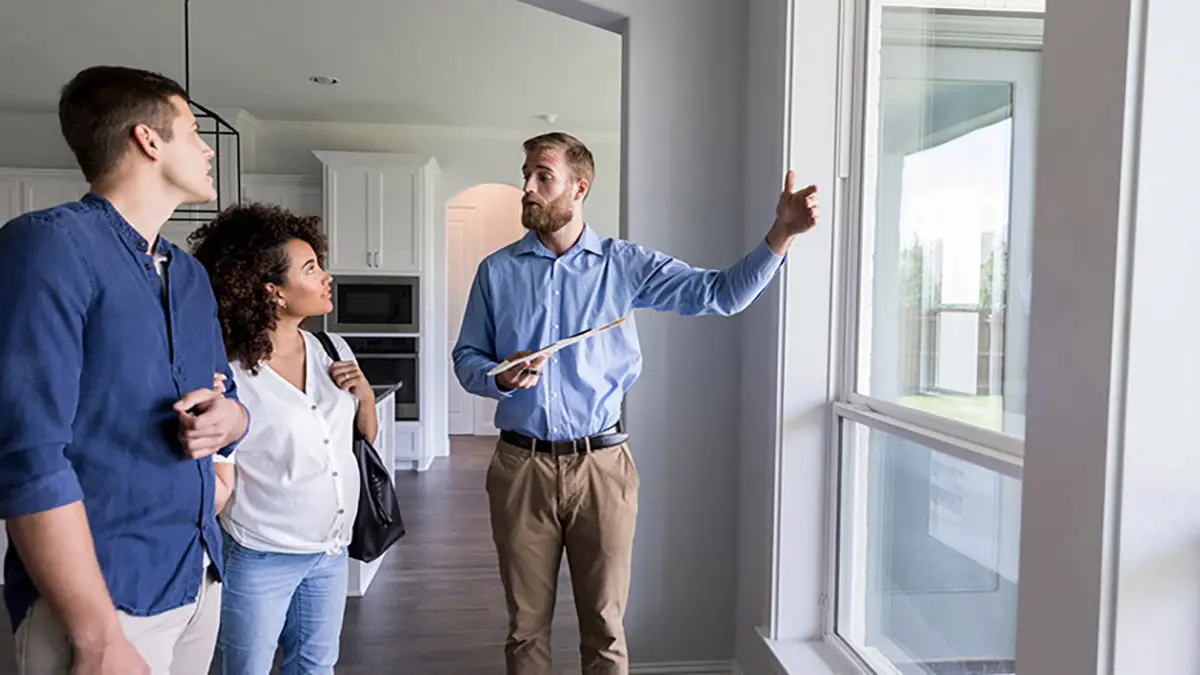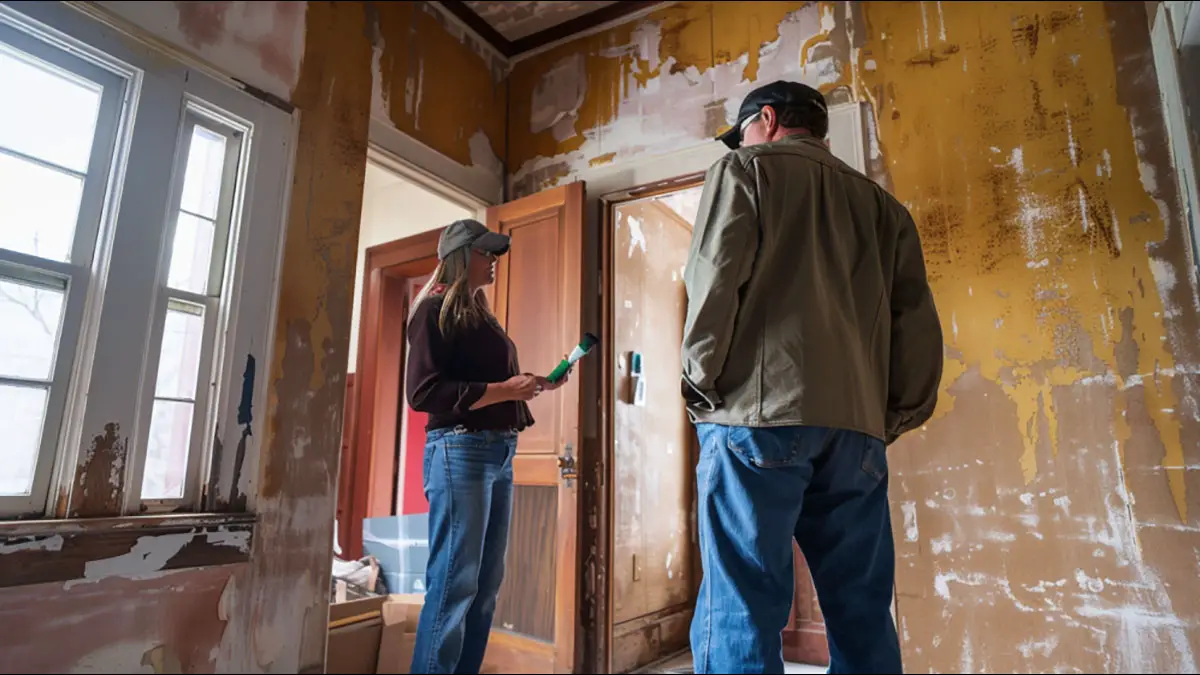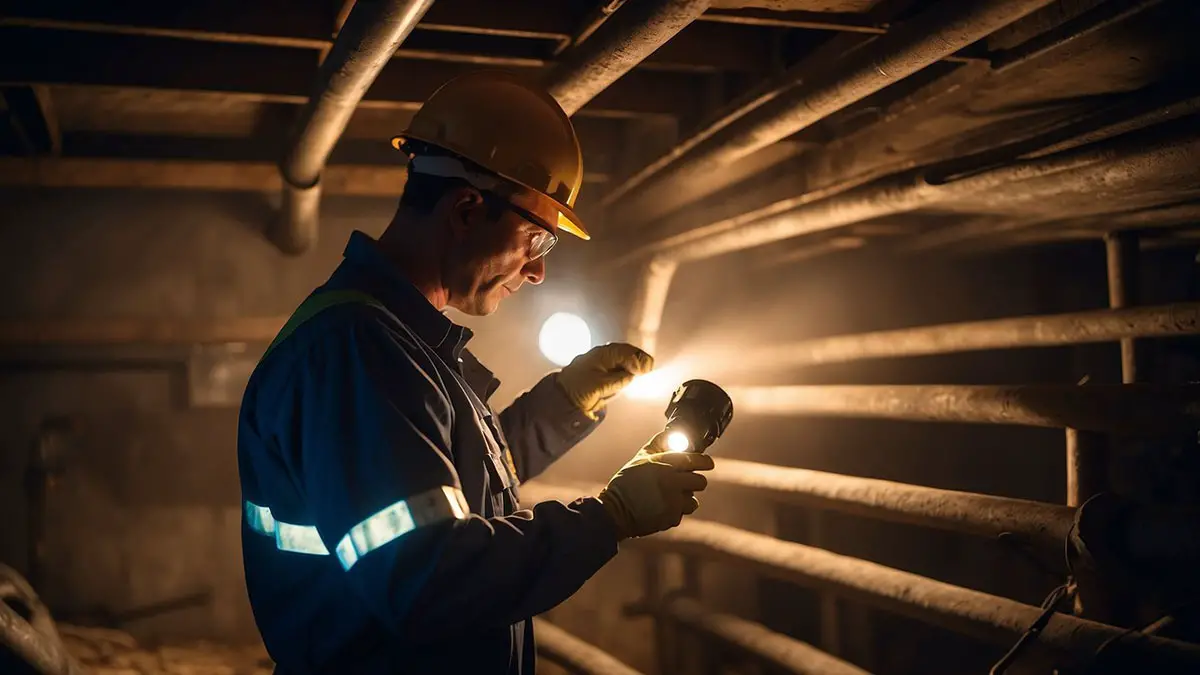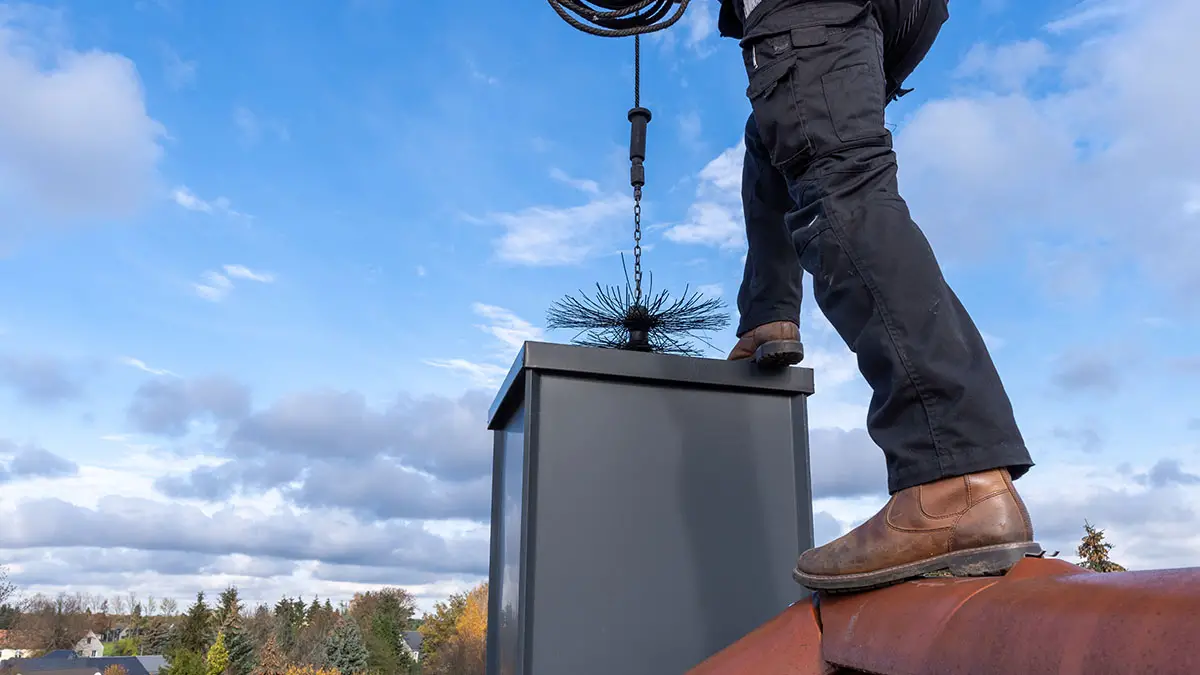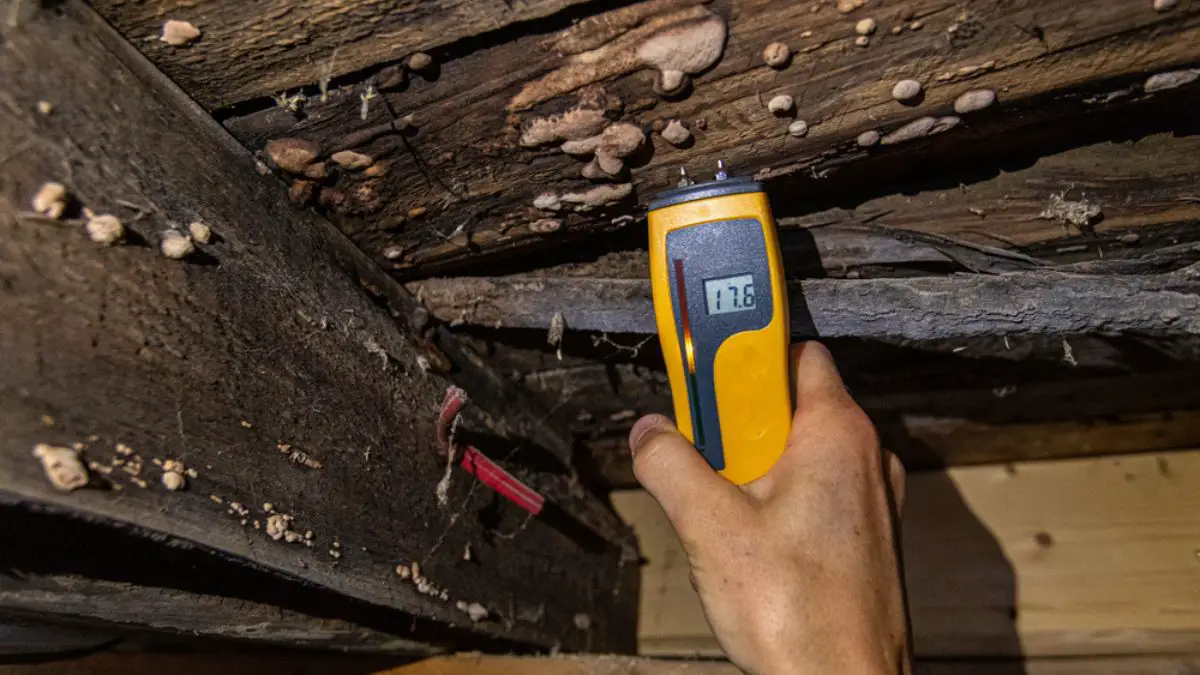Buying a home is one of the most significant investments people make in their lifetime. It’s essential to ensure that the home’s foundation is in good condition because it influences the structural integrity and stability of the entire house. A thorough inspection must be done to avoid any potential foundation problems after closing.
A foundation issue after closing refers to any damage or structural problems that develop soon after buying a home. These issues range from minor horizontal or vertical cracks in foundation walls and floors to compromised structural integrity.
In many cases, foundation problems are not visible during the inspection process before closing, making monitoring any changes in your home’s foundation after purchase is crucial.
Discovering foundation problems after closing is a serious matter that requires prompt action to prevent escalating damage and expenses. Several repair options exist, such as underpinning, slab jacking, and piering. Acting quickly on repairs will safeguard the value of your investment.
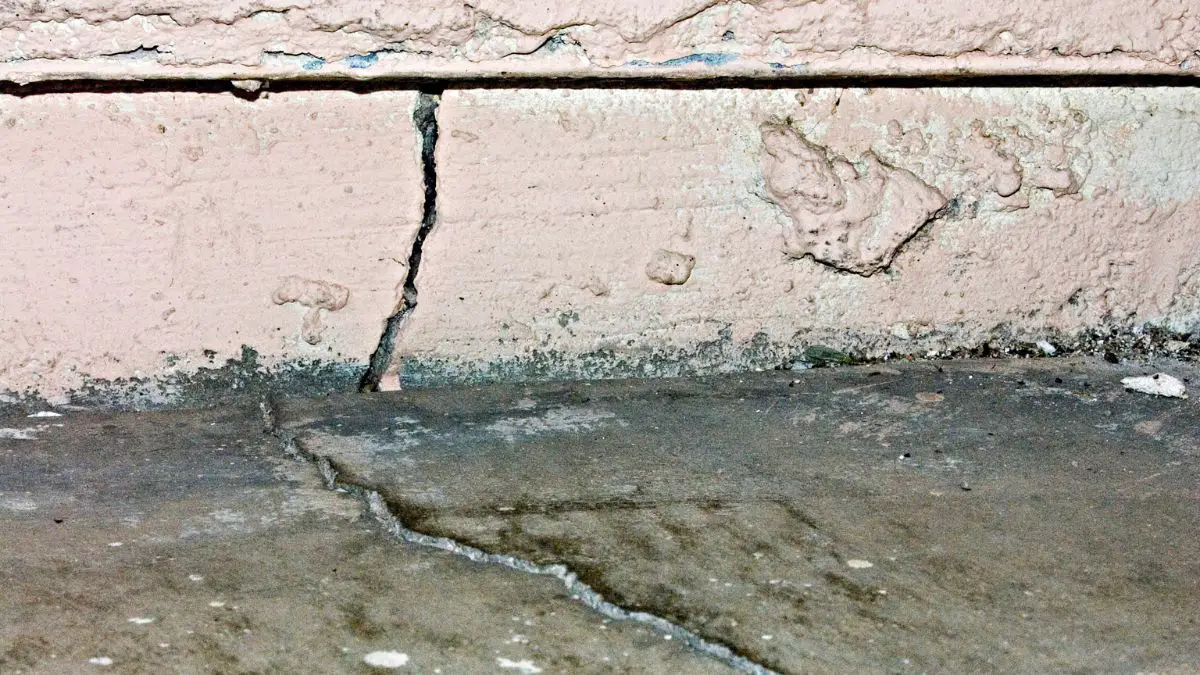
Importance of Early Detection of Foundation Problems After Closing
The early detection of foundation issues is critical because it helps prevent further damage from occurring that could lead to costly repairs or even the replacement of the entire foundation.
Ignoring these signs endanger your family’s safety, and waiting too long can lower the value of your property. Homebuyers typically shy away from properties with known or suspected issues with their foundations.
Therefore, fixing these issues as soon as possible will help maintain the value of your investment. Identifying and repairing any issues with your foundation early on will give you peace of mind; you won’t have to worry about future disasters while living in your new home.
4 Tell-Tale Signs of a House with Foundation Issues
When it comes to foundation problems, there are several signs that homeowners should look out for to catch any issues early on.
Here are the common foundation issues that your home may have:
1. Cracks in Walls and Floors
One of the most obvious signs of foundation problems is the appearance of horizontal cracks in walls and floors. These foundation cracks, either horizontal or vertical, appear inside or outside the home. They start off small but can quickly widen over time and become unsightly if not addressed.
2. Uneven Floors or Sagging Areas
Another sign of potential foundation problems is uneven concrete floors or sagging areas in your home. This can manifest as a sloping floor or a noticeable dip in certain areas of your house caused by settling soil that creates uneven flooring for your home’s foundation.
3. Doors and Windows That Stick or Won’t Close Properly
If you find doors and windows throughout your home suddenly difficult to open or close, this could be another indication of potential foundation issues. As a house shifts due to natural settling processes, it can create an uneven weight distribution across doorways and window frames, causing them to malfunction.
4. Gaps Between Walls and Ceilings
Gaps between walls and ceilings seem minor at first glance, but they could actually be a telling sign that you have foundational problems within your dream house. These gaps often occur when one side (wall) sinks relative to another (ceiling), creating gaps where there once weren’t any.
Find out more here: Common Signs of Foundation Issues, Failure, & Repair Costs
External vs. Internal Signs of Foundation Problems After Closing
It’s also important to be aware of external and internal signs that may indicate issues with the foundation.
External signs of foundation problems:
External Signs
- Foundation settling or sinking
- Foundation upheaval
- Gaps between the garage door and the pavement
- Gaps between the house and trim
- Exterior walls that appear to be bowing or bulging
- A foundation that is pulling up, causing a wall to rotate
- Large horizontal or vertical cracks
- Stair-step cracks in mortar
- Porch, deck, or columns that lean or pull away from the house
- Leaning chimneys or chimneys that have separated from the house
On the other hand, internal signs of foundation problems can manifest within the house itself and include:
Internal Signs
- Doors and windows that stick or fail to properly open and close
- Cracks or gaps in the walls, floor, or foundation itself
- Diagonal wall cracks extending from the corners of doors and windows
- Sagging, sloping, or uneven floors
- Walls pulling away from the floor or ceiling
- Walls that bow outward are bulging or no longer appear straight
- Sagging wood floor planks
- Cabinet doors not staying closed
- Leaks and cracks in and around the fireplace
- Damp crawl spaces or standing water around the foundation
Causes of Foundation Problems
Various factors influence the stability of a building’s foundation, and understanding the common causes of foundation problems is essential for homeowners.
Poor Soil Conditions
The type of soil on which a home is built can have a significant impact on its foundation’s stability.
Common types of problematic soils include:
- Expansive soils expand and contract with changes in moisture levels.
- Loose or soft soils settle or shift over time.
These soil conditions lead to soil movements that stress the foundation, causing it to shift, crack, or sink. Poor drainage can exacerbate these issues by allowing water to collect around the foundation. Excessive moisture levels can cause swelling in clay soils or erosion in sandy ones, further destabilizing the foundation.
Preventive measures
Conduct soil test
It is advisable to conduct soil testing to determine the soil type and its characteristics. This information can help in assessing potential soil-related risks to the foundation. Consulting with a geotechnical engineer or soil expert can provide valuable insights.
Related reading: Distance Trees Should Be Planted From A House Foundation
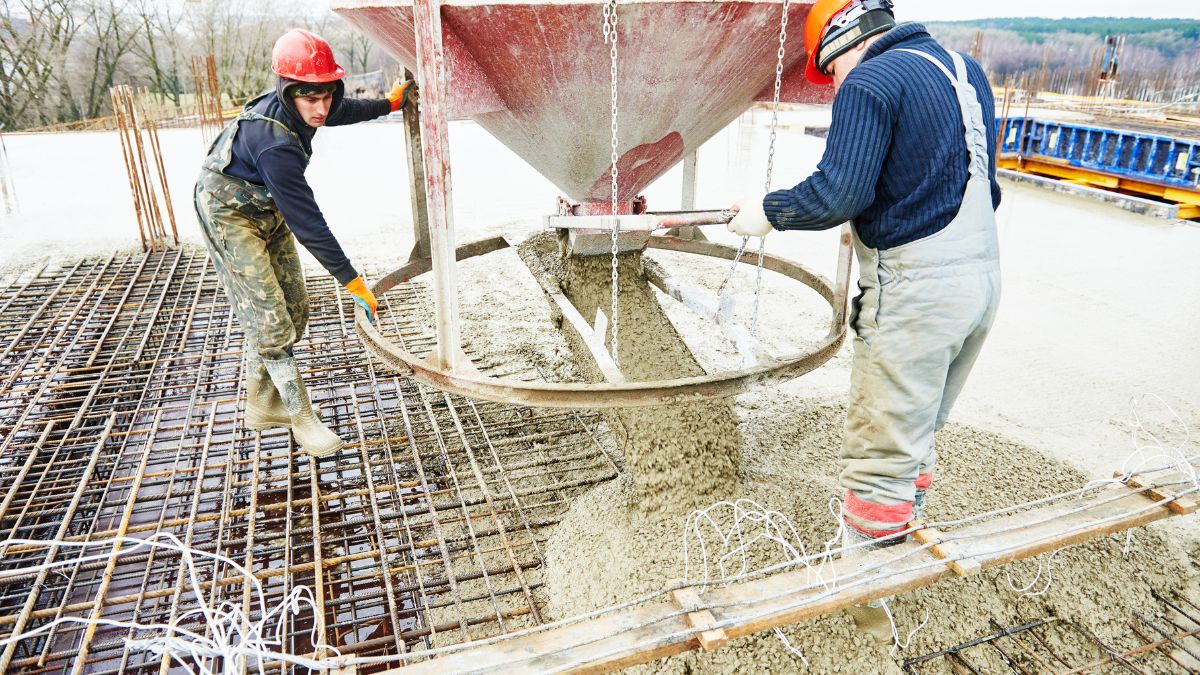
Improper Construction Techniques
Improper grading of the building site can lead to unstable soil conditions around the foundation. Insufficient reinforcement materials, such as steel bars, can cause cracks to form over time.
Mistakes made during the pouring and curing of concrete foundations are also common causes of structural issues. If the concrete is poured in too cold or hot weather conditions or without a proper mixing ratio, it results in weak concrete composition and cracking.
Water Damage
Water damage from plumbing leaks or poor drainage systems leads to extensive foundation damage. Water intrusion into the soil causes expansion and contraction cycles, which weaken foundational structures like footings.
Water pooling against exterior concrete walls for extended periods creates hydrostatic pressure, leading to basement leaks and walls bowing inward, creating further stress on foundations.
Preventive measures
Installation of proper drainage systems
Common drainage systems include:
- French drains
- Channel drains
- Subsurface drains
Each type works differently, but all aim to divert water away from the home’s foundation by creating a path for excess water to flow away from the structure.
Tip
Make sure the drainage systems are free of debris or any other blockages that could hinder their effectiveness.
What to Do: Post-closing Solutions for Old Homes with Foundation Issues
After discovering foundation problems in a home following the closing, homeowners have several options for addressing the issue. The choice of solution depends on factors such as the problem’s nature and the damage’s severity.
Three common methods for foundation repair include underpinning, slabjacking, and piering.
Choosing the appropriate solution requires thoroughly assessing the foundation issues and consulting with foundation repair specialists.
Here’s a table summary of how it works, its effectiveness, duration, and the estimated foundation repair costs to give you a short background:
| Method | How it Works | Effectiveness | Duration | Estimated Cost |
|---|---|---|---|---|
| Underpinning | Excavating soil beneath and around the foundation creates a new support system, extends existing foundations, or install piers below. | Highly effective for stabilizing foundations and addressing structural issues | Weeks to months | $1,000 to $30,000 or more |
| Slabjacking | Injecting a mixture beneath sunken concrete slabs to raise them back to their original position. | Effective for leveling sunken slabs | Days (one or two) | $3 to $10 per square foot of concrete slab |
| Piering | Installing steel piers beneath the foundation for additional support in unstable or weak soil conditions. | Highly effective for stabilizing foundations with serious issues | Several days to weeks | $10,000 to $20,000 or more |
Insurance Coverage for Foundation Issues
While homeowners insurance is designed to protect your home in case of unexpected events like fire, theft, or natural disasters, it does not cover foundation issues. It’s important to check with your insurance provider to understand your policy limitations and what is covered.
Discussing Coverage With Insurance Providers
When speaking with your insurance provider about coverage for a property with foundation issues, it’s important to provide as much detail as possible. This can include the age of the home, any previous repairs that have been made, and a detailed description of the problem.
Some insurance companies require an inspection by a structural engineer or inspector before determining whether they will cover the cost of repairs. They also recommend foundation contractors or companies specializing in foundation repair.
Understanding Policy Limitations
It’s important to carefully read through your homeowners’ insurance policy to understand what is and isn’t covered in major foundation issues. Some policies exclude coverage for foundation problems caused by settling or other types of damage.
Even if foundation problems are covered under your homeowners’ policy, there are limitations on how much the insurer will pay for repairs. Some policies have a cap on how much they will pay for certain types of damage or require you to pay a deductible before they will cover any costs.
It is also a good idea to consult with a licensed contractor or engineer who can assess the structural damage and provide an estimate for repairs. This way, you’ll better understand the costs involved before filing an insurance claim.
FAQs About Foundation Problems After Closing
Below are some common questions regarding foundation problems after closing a property purchase and the potential risks of neglecting these issues.
Is it safe to live in a house with foundation problems?
Living in a house with foundation problems is unsafe due to the potential risks of structural instability. Foundation issues can jeopardize the overall stability of the home, leading to compromised structural integrity and posing hazards such as collapsing walls, floors, or even the entire structure.
What to do when the seller didn’t disclose foundation problem?
Consult with a real estate attorney to explore your legal options. They can advise you on potential courses of action, such as negotiating repairs or pursuing compensation for the undisclosed issue. Gather evidence and document any related expenses to support your case if you pursue a legal claim.
When to walk away from foundation issues?
If you spot foundation issues at home, consult a qualified professional to assess the severity. Depending on the extent of damage and repair costs, you need to consider walking away. The decision should be based on a careful evaluation and expert consultation.
Are some foundation issues unfixable?
Yes. Some foundation issues are unfixable due to extensive damage, structural instability, or other limitations. Consulting with foundation specialists or structural engineers is crucial in determining the best course of action.
How long does it take for a foundation to settle after repair?
It takes several months to a year or more for the foundation to fully settle and stabilize after repairs. This varies depending on the extent of the repairs, the foundation type, and the specific soil conditions.
How do you tell the difference between settling and foundation problems?
Normal settling often produces minor cosmetic issues, such as hairline cracks in walls or slight unevenness in floors, whereas foundation problems exhibit more severe symptoms, including persistent or widening cracks, doors or windows sticking or not closing properly, or significant unevenness in floors.
Does foundation repair affect home value?
Yes, foundation repair can have an impact on the home’s value. Consulting with a real estate agent can provide insight into the local market on how foundation issues affect the value of a specific property.
Will a bank finance a house with foundation issues?
No, banks will be hesitant to finance a house with foundation problems due to the associated risks. Foundation damage can affect the property’s structural integrity, potentially leading to costly repairs and decreased value. Lenders typically prefer properties in good condition to minimize their lending risks.
Take Action
If you suspect any foundation problems after closing, don’t hesitate to take action. Contact a professional as soon as possible to inspect and evaluate your foundation’s condition. A qualified expert can diagnose potential problems and recommend solutions tailored to your situation.
Remember that taking care of foundation issues promptly helps avoid more severe damage and increases the value of your home over time. Potential buyers will appreciate a well-maintained property with a strong foundation, giving you an advantage if you ever decide to sell.



